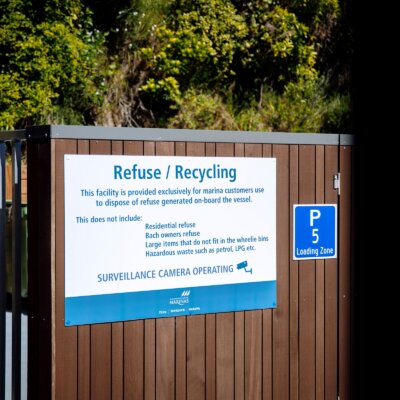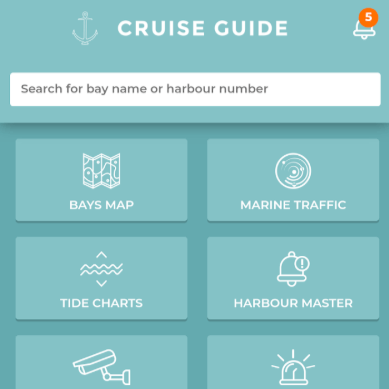Safe Refuelling
Refuelling your boat – Every drop counts!
The protection of our marine environment is a top priority for our team. Even small amounts of fuel and oil can be fatal to birds and marine life and cause damage to the environment.
Most spills in our marinas come from everyday activities such as refuelling, engine emissions and oil leaks. Assisting our berth holders and boat owners to learn how to refuel their vessels safely is important in helping us keep the marinas and waterways clean.
REFUELLING AT THE BERTH IS PROHIBITED
- All refuelling must be carried out at the fuel jetty using the dispensers provided.
- Use the designated waste oil bins in our marinas to dispose of any contaminated materials
Refuelling your Boat – The right way!
- Whenever possible, refuel at an approved refuelling station where spill kits are available, do not transfer fuel to your boat in containers
- For safety, have all passengers disembark the vessel during petroleum refuelling
- Before you start refuelling, estimate how much fuel you need in your tanks to prevent overflow
- Plug the scuppers with rags during refuelling where possible
- Keep absorbent materials on deck to mop up any spills
- Make sure a responsible adult monitors the entire refuelling process. Do not let children or untrained people refuel your boat
- Never leave the fuel hose unattended while refuelling
- Use caution in filling your fuel tank to avoid spillage into the water
- Fit a vent whistle & listen to the tone while refuelling
- Avoid topping off or overfilling to reduce the risk of fuel overflowing from vents. Allow room for expansion in the tank.
- If you overfill your fuel tank, wipe it up with an absorbent rag. Do not hose the fuel off into the water. Dispose of the contaminated rags responsibly.
What to do if a spill occurs
There are spill kits available on all our refuelling jetties in the marina. If you have a spill in the marina the following must be carried out (if safe to do so):
- Immediately shut down pumps, close valves or take whatever other action is appropriate to limit the size of the spill.

- Access the spill kit.
- Ensure the appropriate protective clothing is worn and protect the environment by placing pillows into scuppers and floor drains.
- Taking safety into consideration, contain the spill with absorbent booms, allowing room for the fuel to go into the boom rather than dropping it onto a flowing spill.
- If possible, stop a leak.
- Report the spill to the Marina Manager
In addition to the spill kits located at the fuel facilities, we have installed additional kits throughout all three marinas.
In Waikawa – We have added spill kits by jetties 13W and 7E and on the hardstand.
In Havelock – We have added a kit by the ablution facility close to H pier.
In Picton – We added kits on jetty B, Town wharf and by the boatshed.
Useful information and guidance for pollution prevention can be found on Maritime NZ website.




